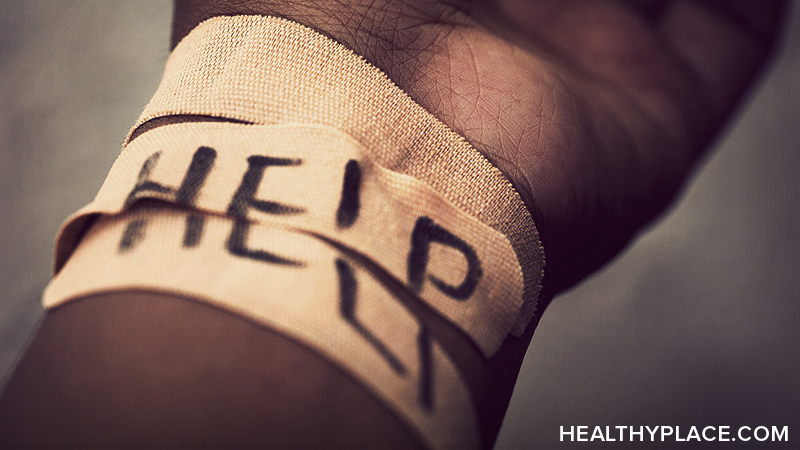Why Do Self-Injurers Engage in Self-Harm?

Many parents can't believe their child self-harms. Here are some reasons why people self-injure.
Why people engage in self-harm
It's shocking! Frightening! Who could believe that someone would want to deliberately hurt themselves?
But for people who do injure themselves by cutting, burning, head-banging, skin-picking or other means, self-injury offers a momentary sense of calm and a release of tension. Unfortunately, that's usually quickly followed by guilt and shame and the return of other painful emotions. And with self-injury comes the very real possibility of inflicting serious and even fatal injuries.
According to the Mayo Clinic, self-injury isn't a specific disease or condition. Rather, it's a type of abnormal behavior. It may accompany a variety of mental disorders, such as depression and borderline personality disorder. Because self-injury is often done on impulse, it's sometimes considered an impulse-control behavior problem. Self-injury is also known as self-harm, self-injurious behavior and self-mutilation.
Although it's hard to estimate how many people engage in self-injury because some never seek treatment, it's thought that about 3 - 5 percent of Americans have deliberately hurt themselves at some point in their lives. Self-injury may be more common - and on the rise - in adolescents.
Some reasons why people engage in self-harm:
- To distract themselves from emotional pain by causing physical pain
- To punish themselves
- To relieve tension
- To feel real by feeling pain or seeing evidence of injury
- To feel numb, zoned out, calm, or at peace
- To experience euphoric feelings (associated with the release of endorphins)
- To communicate their pain, anger, or other emotions to others
- To nurture themselves (through the process of healing the wounds)
Some people self-injure to end a dissociated or unreal-feeling state; to ground themselves and come back to reality. Basically, studies have suggested that when people who self-injure get emotionally overwhelmed, an act of self-harm brings their levels of psychological and physiological tension and arousal back to a bearable baseline level almost immediately.
APA Reference
Staff, H.
(2008, November 19). Why Do Self-Injurers Engage in Self-Harm?, HealthyPlace. Retrieved
on 2026, January 14 from https://www.healthyplace.com/parenting/self-injury/why-do-self-injurers-engage-in-self-harm



